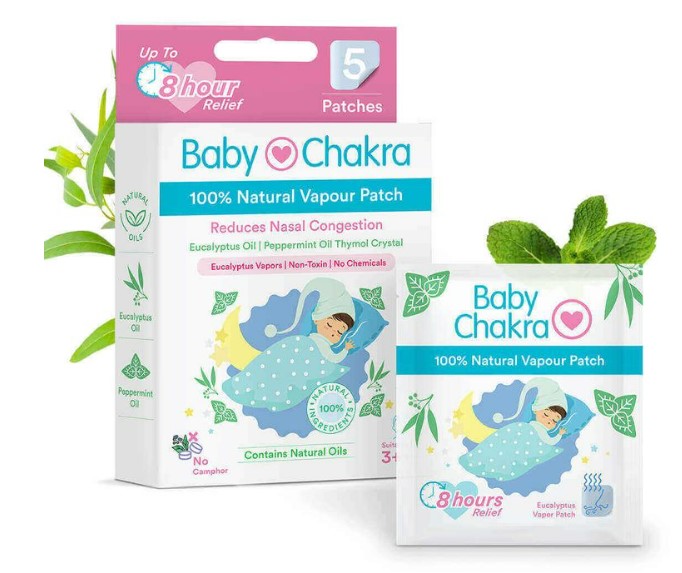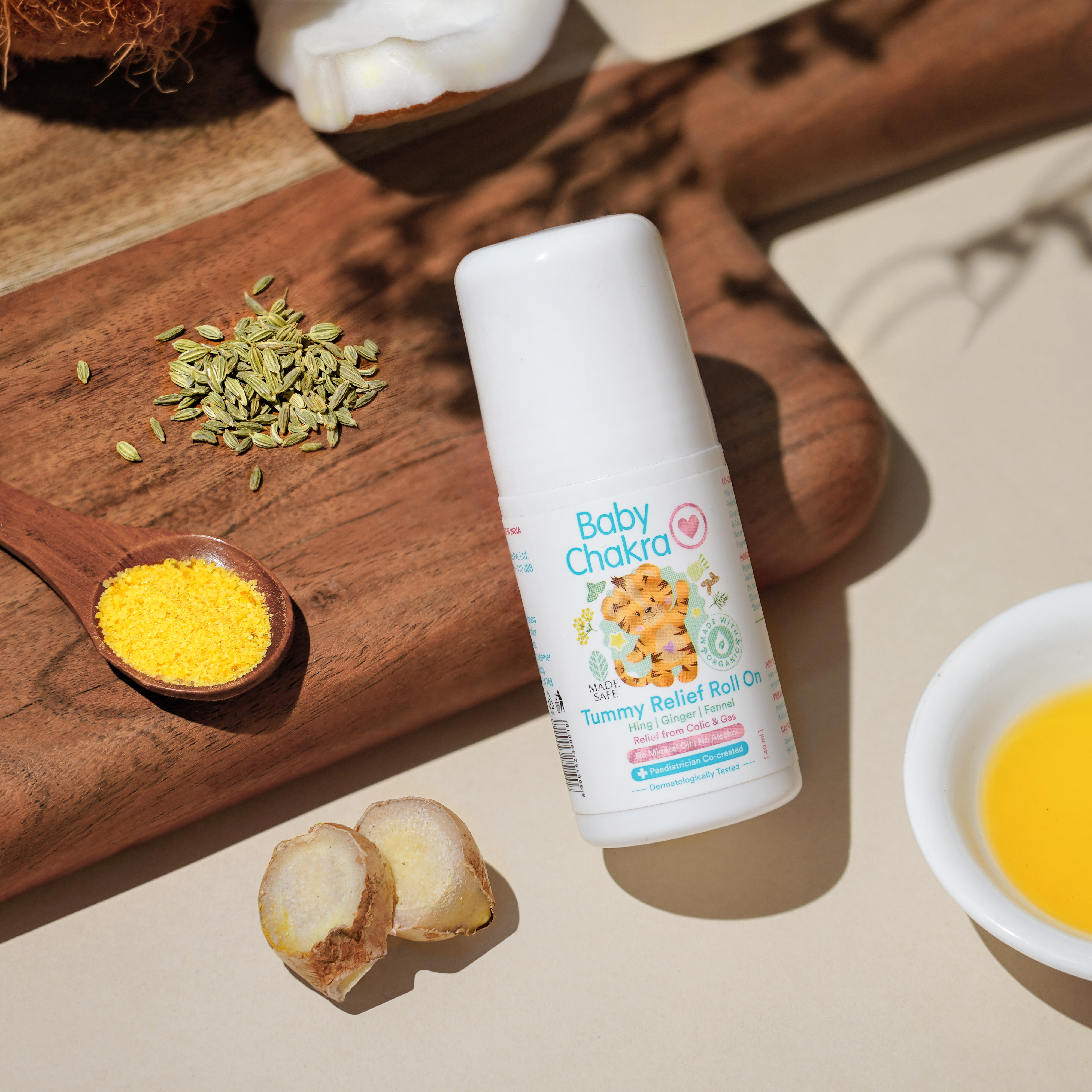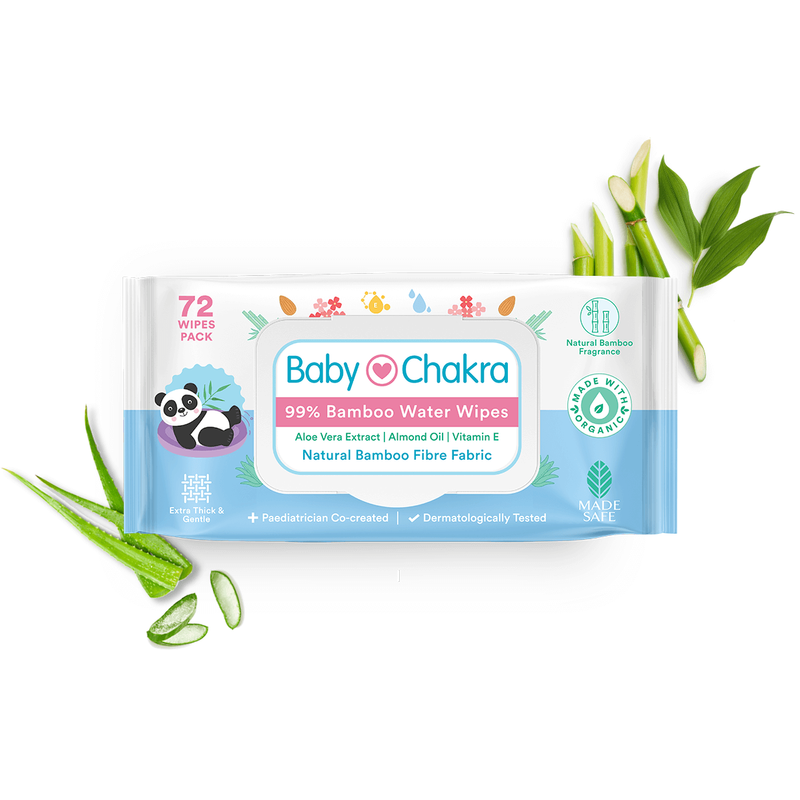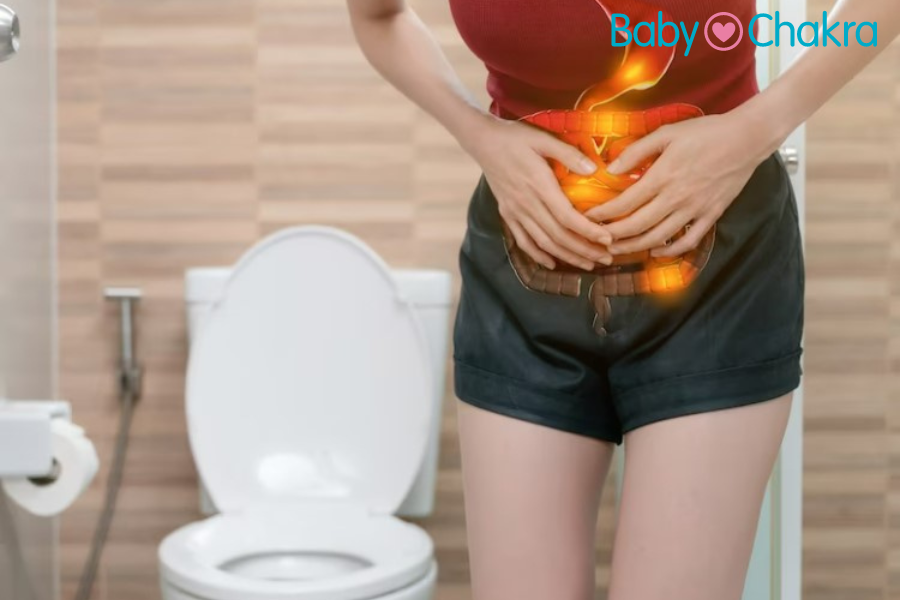
10 Possible Causes Of Postpartum Constipation And Tips To Get Relief
24 May 2023 | 5 min Read
Sudeshna Chakravarti
Author | 799 Articles
Postpartum constipation is a common occurrence and you may experience this condition after your c-section or vaginal delivery. In fact, women who did not experience constipation during pregnancy may go through it after childbirth.
Postpartum constipation may be caused due to various factors like hormonal changes, surgical incisions, or the administration of iron medicines. Moreover, experiencing injuries in your pelvic floor muscles during labour increases the chances of constipation after childbirth. But fret not, as there are a handful of remedial methods that can help soothe your discomfort and offer relief.
Read on to know more about the possible causes of postpartum constipation, relief measures, and treatment.
10 Possible Causes Of Postpartum Constipation
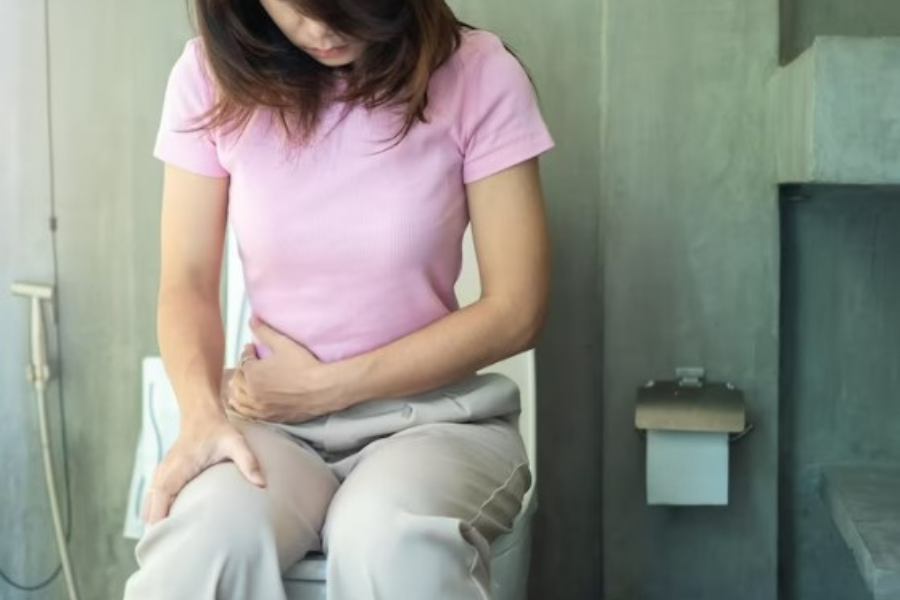
Postpartum constipation is mainly caused due to hormonal changes and surgical incisions / Image credit: Freepik
As discussed above, postpartum constipation could occur due to various changes occurring in your body before, during, or after pregnancy. Some of the possible reasons include:
- If you had a long labour without having any food, had bowel movements while you were in labour, or had to get an enema, then you may experience constipation a day or two after childbirth. This is because these conditions empty your intestines and cause constipation.
- If you had a c-section delivery, it might take 3-4 days for your bowel to function normally.
- Medications administered to ease your discomfort during labour can also slow down your bowel movements.
- Hormonal changes, such as high levels of progesterone during pregnancy can also cause constipation post-delivery.
- Iron supplements taken during pregnancy can also increase the chances of constipation after childbirth.
- Certain prenatal vitamins also cause constipation. Hence, consult your doctor and avoid formulations that increase the risk of this condition.
- An episiotomy during childbirth can cause soreness in your perineum, which may further increase the chances of constipation.
- Your digestive system slows down during labour and this could continue even after childbirth, leading to constipation.
How Long Does Postpartum Constipation Last?
In most cases, this condition resolves within a few days, given you take the proper relief measures to treat it. It all depends on the factors causing your constipation and how you decide to treat it. The most essential thing is to follow the remedial steps correctly and be proactive.
How To Ease Postpartum Constipation?

Fibre-rich foods can stimulate your bowel movements and offer relief from constipation / Image credit: Freepik
Consume A High Fibre Diet
High fibre foods are your best defense against constipation as they help regulate your bowel movements. Include foods like bread, wholegrain cereal, brown rice, and fruits and vegetables in your everyday diet to ease digestion and boost metabolism.
You can also consume legumes, soybeans, and kidney beans, as they add soluble fibre to your diet and help regularise your bowel movements. Make sure to take these in combination with other foods to prevent gas or flatulence.
Drink Plenty Of Water
Water can make your stool softer, which makes it easier to pass out of your body. Plus, breastfeeding can leave you dehydrated, and hence you need to drink plenty of water throughout the day. Aim to drink at least 8-10 glasses of water every day.
You can also consider trying detox water recipes, infused with different fruits and veggies to boost your metabolism and offer relief from constipation.
Add Prunes To Your Diet
Prunes, also known as dried plums are rich in fibre that helps relieve constipation. Prunes also contain a compound called sorbitol, which is a natural laxative that eases your bowel functions.
Also, findings from a recent study conducted by the University of Rochester claim that prunes soften your stool and increase the frequency of your bowel movements per week. You can also have other dried fruits, such as apricots,m figs, and raisins to enhance your metabolism.
Go For Walks
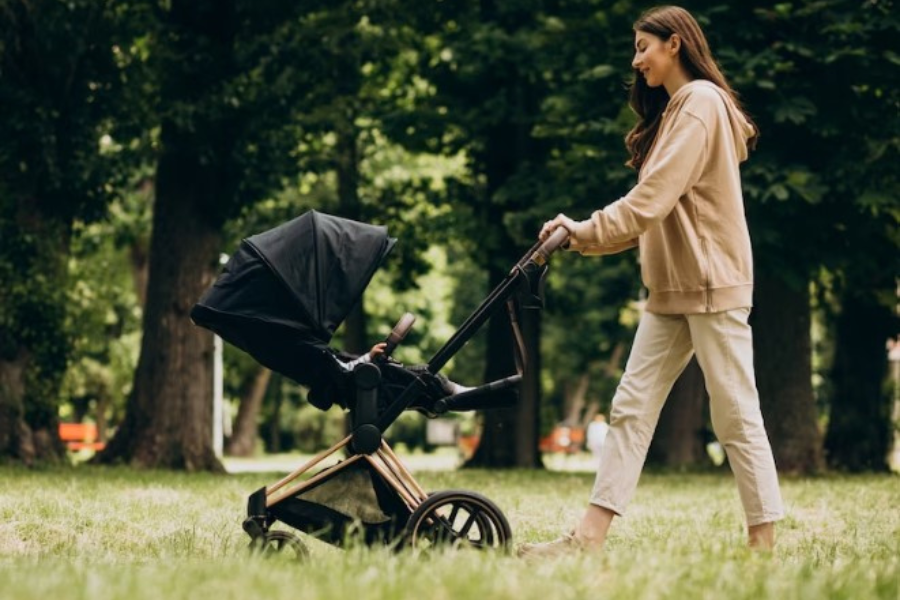
Go for short strolls to improve your digestion and enhance your bowel movements / Image credit: Freepik
Depending on your condition post-delivery and your doctor’s recommendation, you can consider going on strolls to normalise your bowel functions. You can start by taking short strolls and then going for longer walks once your body recovers completely.
Avoid Processed Foods
Processed foods like chips, chocolates, doughnuts, and burgers should be avoided as they slow down your digestion even more. Also, make sure to avoid foods high in fats like cheese and dairy products like ice cream as they may aggravate your condition post-childbirth.
When To See The Doctor?
Postpartum constipation is not serious and is treatable. In some cases, this condition could be an indication of an underlying medical condition. If you experience severe constipation or spot blood in your stools, then you should seek medical care immediately.
You should also seek medical advice if you are experiencing the following symptoms:
- Vomiting
- Increased flatulence
- Abdominal discomfort or pain
Your healthcare provider may administer laxatives or stool softeners to stimulate your gastrointestinal functions and alleviate stomach cramps.
Conclusion
Postpartum constipation may occur due to various factors like hormonal changes, surgical incisions, or injury to your pelvic floor muscles. However, you can ease this condition easily by consuming a fibre-rich diet, drinking plenty of water, and avoiding processed foods.
In case you are experiencing other symptoms, such as abdominal cramps or vomiting along with constipation, seek medical attention as that could indicate an underlying medical condition.
Recommended Baby Care Products:
Also Read:
First period after c-section: When do you get your period after c-section delivery? Tap this post to know.
Kegel exercises after delivery: Practice these Kegel exercises to strengthen and condition your pelvic floor muscles after delivery.
Postpartum urinary incontinence: Learn all about postpartum urinary incontinence and tips to deal with it.
Cover Image Credit: Freepik.com
A


Related Topics for you
Suggestions offered by doctors on BabyChakra are of advisory nature i.e., for educational and informational purposes only. Content posted on, created for, or compiled by BabyChakra is not intended or designed to replace your doctor's independent judgment about any symptom, condition, or the appropriateness or risks of a procedure or treatment for a given person.

